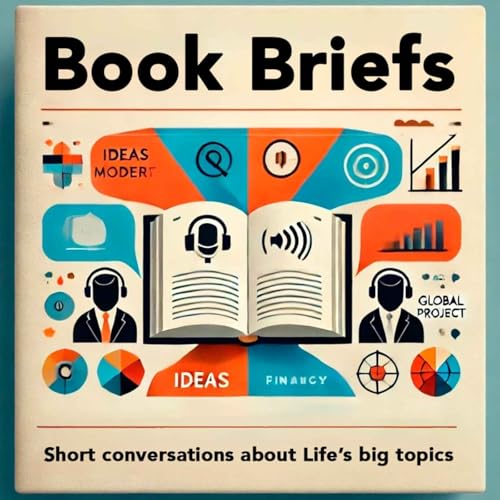Welcome to the podcast where we uncover the secrets of captivating communication, drawing inspiration from the world-renowned TED talks. Today, we're exploring the key ingredients that transform ordinary presentations into extraordinary experiences, leaving audiences inspired and wanting more.
• Emotion is the key. The most compelling presentations are not merely about conveying information. They tap into the power of emotion, forging a connection that transcends the spoken word. Bryan Stevenson, in his powerful TED talk, exemplifies this principle. By sharing personal anecdotes and stories of injustice, he effectively creates an emotional rapport with his audience, winning their trust and attention.
• Stories breathe life into data. Stories are the lifeblood of captivating communication. They transform dry facts and figures into compelling narratives that resonate with audiences on a deeper level. Brené Brown's TED talk, "The Power of Vulnerability," masterfully demonstrates this. She seamlessly weaves personal anecdotes and research findings into a captivating narrative, demonstrating that "stories are data with a soul."
• Authenticity is paramount. The best speakers exude genuineness. They speak from the heart, letting their passion and personality shine through. This is evident in Amanda Palmer's TED talk, where her meticulous preparation and willingness to be vulnerable create an authentic connection with her audience.
• Practice makes perfect. Delivering a compelling presentation is not about innate talent; it's about dedication and hard work. Amanda Palmer's rigorous rehearsal process, involving feedback from various individuals, exemplifies the importance of honing one's delivery through practice.
• Body language speaks volumes. Nonverbal communication can make or break a presentation. Colin Powell, known for his command presence, emphasizes the significance of gestures and posture in conveying confidence and authority.
• Novelty captures attention. The human brain is wired to seek out novelty. By presenting information in a fresh and unexpected way, speakers can captivate their audience's attention and make their ideas more memorable. This is exemplified by Seth Godin's emphasis on creating "remarkable" ideas that stand out from the ordinary.
• The 18-minute rule. Conciseness is golden. TED's iconic 18-minute time limit forces speakers to distill their ideas into their most potent form, ensuring audience engagement and maximizing impact.
• Multisensory experiences enhance learning. Engaging multiple senses through visuals, stories, and props creates a richer and more memorable experience for the audience. Examples include the captivating visuals in David Christian's historical overview, the use of props in Jill Bolte Taylor's talk, and Amanda Palmer's demonstration on a milk crate.
• Stay true to yourself. The most compelling speakers are those who embrace their unique voice and perspective. Richard Branson embodies this by advocating that speakers should be themselves and speak about topics they are passionate about. Sheryl Sandberg, in her talk leading to her book "Lean In," emphasizes bringing one's whole self to the stage.
By understanding and applying these principles, we can all elevate our communication skills, inspiring and captivating audiences with the power of our ideas.
 Dec 5 202415 mins
Dec 5 202415 mins Dec 2 202413 mins
Dec 2 202413 mins Nov 28 202418 mins
Nov 28 202418 mins Nov 25 202424 mins
Nov 25 202424 mins Nov 20 202416 mins
Nov 20 202416 mins Nov 17 202414 mins
Nov 17 202414 mins Nov 13 202415 mins
Nov 13 202415 mins Nov 10 202417 mins
Nov 10 202417 mins